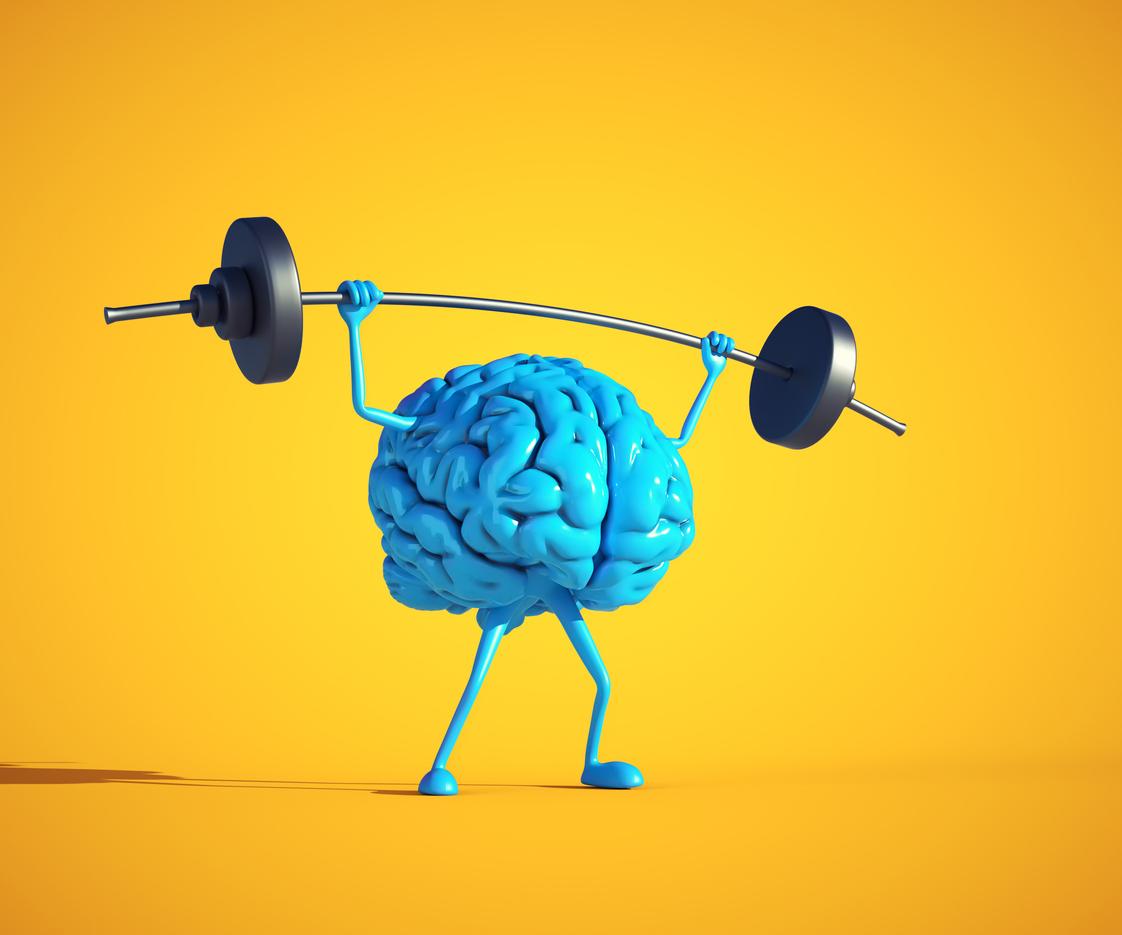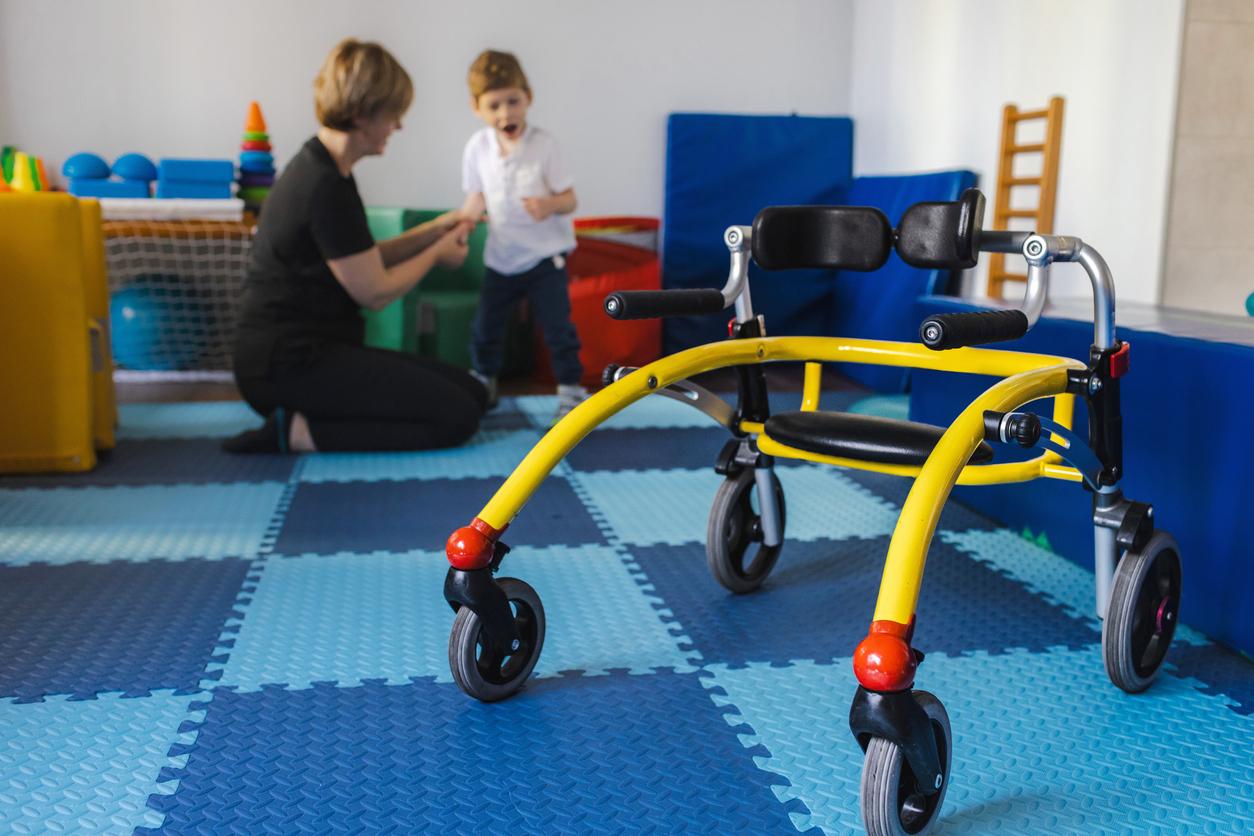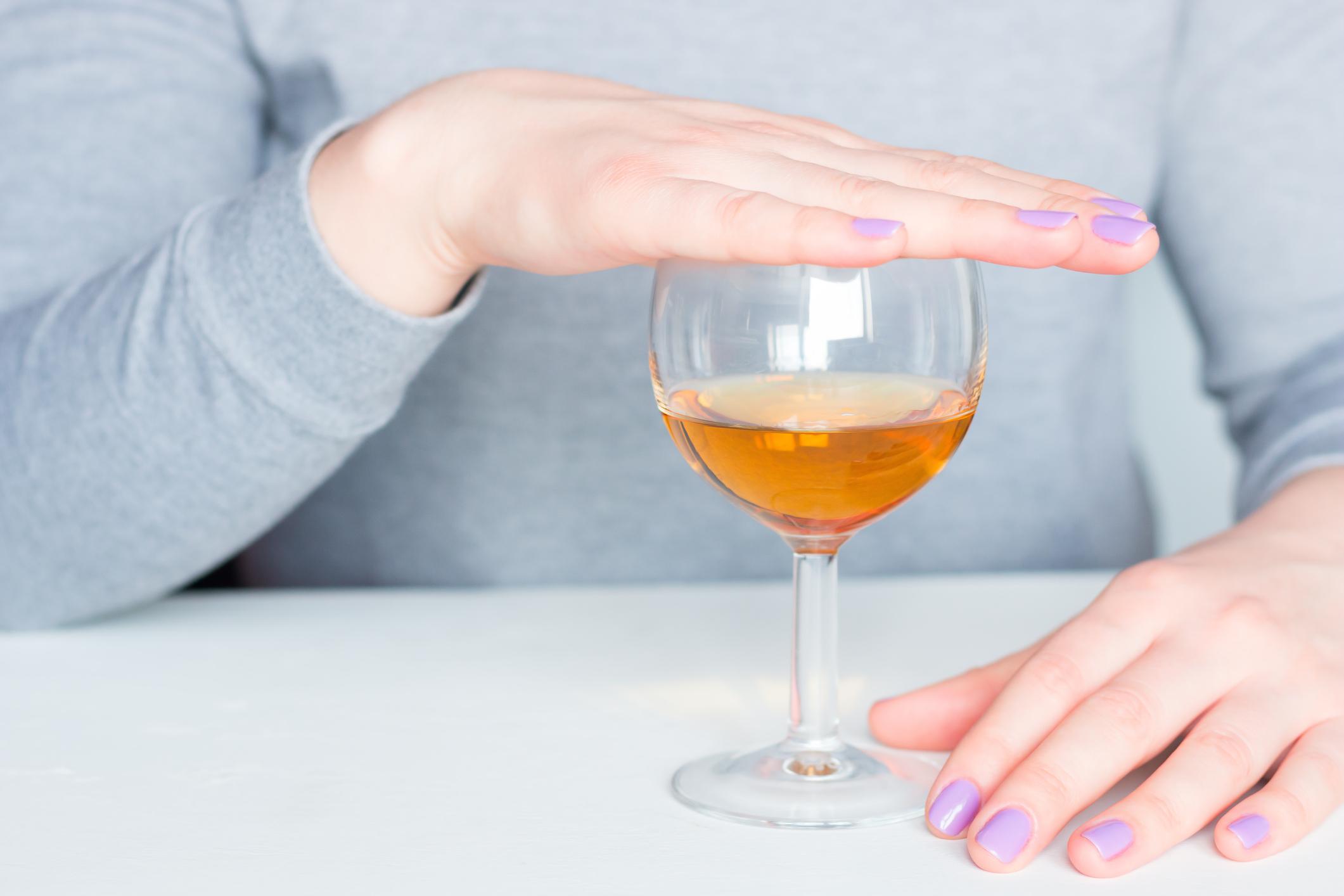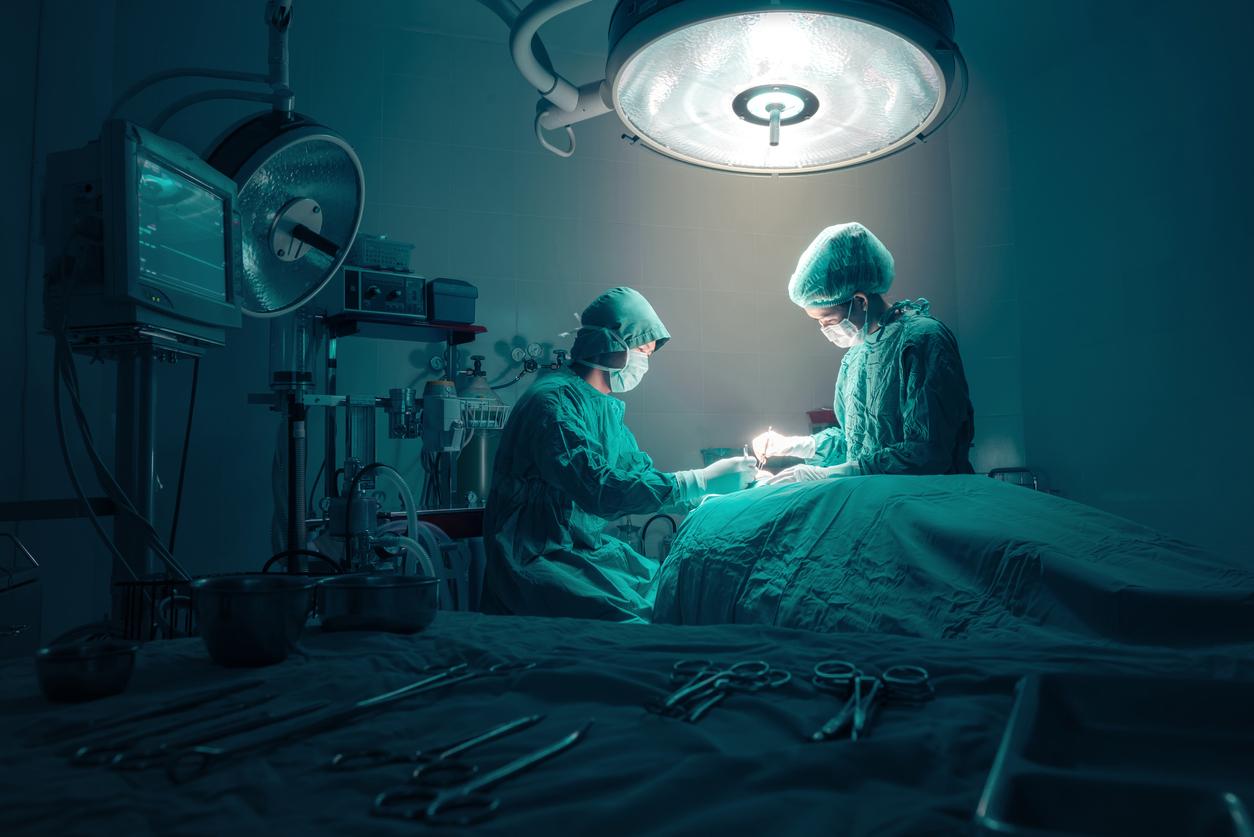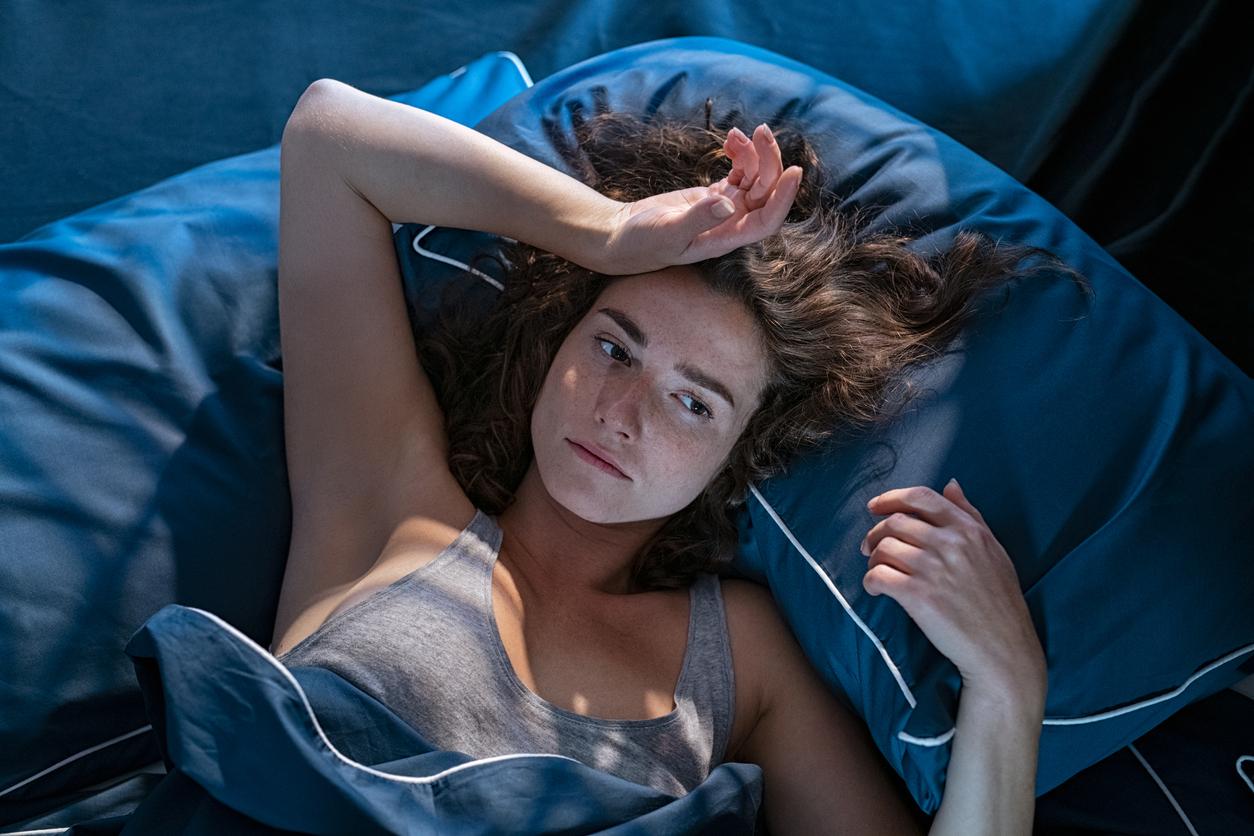
‘Sleeping pills rarely make sense’
“Sleep is vitally important,” says neurologist Hans Hamburger. Poor sleep has more consequences than we think. The good news is, there is usually something that can be done about it. For example, change your lifestyle.
Hans Hamburger (67) is a neurologist and somnologist (specialist sleep medicine). He is founder of the Amsterdam Sleep Center, one of the first sleep centers in the Netherlands, located in the Boerhaave Medical Center. From the 90s he specialized in sleep (problems). He organizes conferences and training courses for sleep physicians and publicly advocates for patients and care providers to take sleep problems more seriously.
He prefers not to tell his patients, but neurologist and sleep expert Hans Hamburger is an excellent sleeper himself. He even calls it “one of his favorite hobbies.” But of course the exhausted and sometimes even desperate people who report to Hamburger’s sleep consultation hour are not waiting for that story. Although? “If there is no underlying disease, a few relatively simple tips about healthy sleeping behavior are often sufficient to ensure a better night’s sleep.”
What is that, healthy sleeping behavior?
“After an active day, your brain needs time to switch back before it can fall asleep. It is therefore a good idea to only do things that relax you after eight o’clock in the evening. For many people this means: watching TV or working on a computer, tablet or phone. But the blue light emitted by these devices disrupts your internal clock and prevents you from falling asleep. So turn everything off at least an hour before going to bed.”
How many people suffer from insomnia?
“About half of the Dutch people say they regularly sleep badly. With less than six hours you really fall short. An estimated one in five people has sleeping sickness. Insomnia is the largest group, but also sleep apnea, where you stop breathing for short periods during sleep, restless legs and a disturbed biological clock – official name ‘circadian arrhythmia’ – are common.”
What is the danger of sleeping too little?
“People with a chronic sleep deprivation have a significantly increased risk of obesity, type 2 diabetes and cardiovascular disease. This is because sleep plays an important role in, among other things, the metabolism, the immune system and the production of many hormones. You also remember things less well if you sleep too little and you are less productive. Bad sleepers are also more likely to suffer from anxiety, depression, burnout and/or addiction.”
Is there anything that can be done?
“That depends on the cause, but in most cases it is. It is important to properly map out what is causing the sleep problem. You can have this checked out at a specialized sleep center. The most effective treatment for insomnia is a special form of cognitive behavioral therapy.”
Why have you been committed to treating patients with sleeping problems for thirty years?
“Because sleep is at least as important for your health as eating and drinking healthy and getting enough exercise. But when it comes to lifestyle, you hear far too little about this. In addition, people do not realize how great the impact of sleep deprivation is.”
Is there enough attention for this in healthcare?
“Absolutely not! Many general practitioners and specialists do not know the difference between sleepiness due to sleeping sickness and fatigue due to another physical illness or depression. As a result, patients often do not receive a proper diagnosis. They are then sent home with sleeping pills that do not address the root of the problem at all. In half of the cases, atrial fibrillation is the result of sleep apnea. Cardiologists still pay too little attention to this. Furthermore, some medicines have the side effect that you sleep worse. For example, beta blockers, which many people take for high blood pressure. The solution is then not to give a sleeping aid, as is often the case, but to investigate whether another blood pressure-lowering drug causes fewer sleeping complaints.”
Is it true that older people need less sleep?
“Between the ages of 30 and 70, you need on average between 7 and 8 hours of sleep. Above 70 this decreases slightly, because people are less active during the day. Furthermore, your internal clock changes as you get older. By nature, most people go to sleep between 11 and 12 o’clock at night and wake up again at 7 o’clock in the morning. In the elderly, this rhythm often shifts forward. This is partly because the eyes deteriorate with age. Daylight then penetrates less well. As a result, older people often fall asleep earlier in the evening. When they wake up at four or five o’clock in the morning, they think – wrongly – that they have a sleep disorder. The solution is to get out and be active enough during the day, and not to go to bed too early at night.”
Do sleeping pills make sense?
“Rarely. While they can help you fall asleep more easily, they subsequently disrupt the natural sleep cycle. As a result, you don’t really rest. In addition, they work for an average of 24 hours, which means that you suffer from drowsiness, fatigue and memory problems during the day. This can lead to dangerous situations, for example in traffic. Your balance can also be disturbed, causing you to fall faster. The same applies to sedatives, such as oxazepam. Moreover, all these substances cause dependence, a fancy word for addiction. That effect already occurs after ten days of use.”
And over-the-counter remedies, such as melatonin?
“It’s actually weird – and not harmless – that melatonin is being sold as a sleep aid. Melatonin is not a sleeping pill but a hormone that influences your biological clock. It makes you a little sleepy in the first few days, but that effect wears off after a week. Then you are left with only a disrupted internal clock, which can only increase your sleeping problems. So always consult your doctor before taking melatonin.”
Does the famous nightcap help?
“Even not. Although alcohol can help you fall asleep faster, the substance also ensures that you sleep more restlessly and less deeply. The result is that you wake up more often in between and are less rested the next day.”
So what can you do to help your body?
“Make sure your bedroom is dark and cool, preferably around 18 degrees. You can purchase blackout curtains to keep out the light. A cheaper solution is a sleeping mask. Routine is also important. Go to bed at the same time every day and get up at the same time. This instructs your body to prepare for sleep. Provide plenty of light during the day
and enough exercise. Nice walking outside in short.” The customer review has been automatically translated from Dutch.









